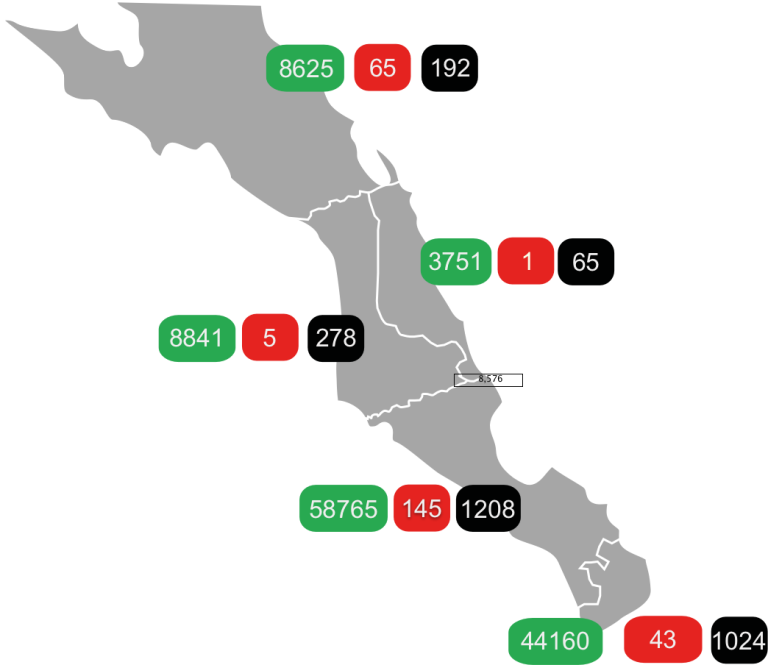Coronavirus
Covid - 19
IF YOU EXHIBIT ANY OF THESE SYMPTOMS

Dry cough

Fever

Headache

Difficulty breathing
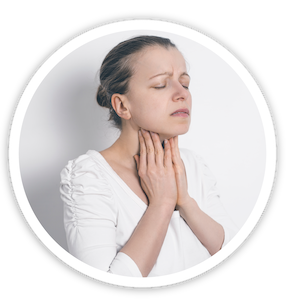
Sore throat or pain when swallowing
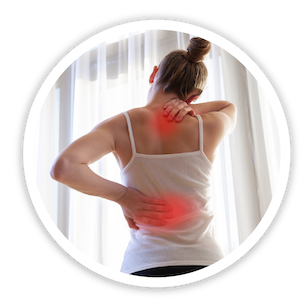
Muscle pain
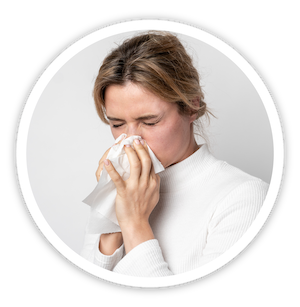
Runny nose
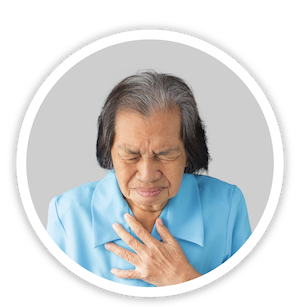
Runny nose
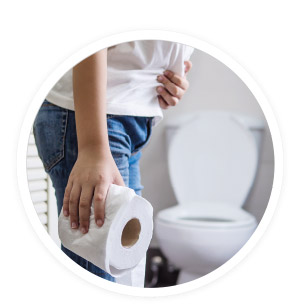
Diarrhea
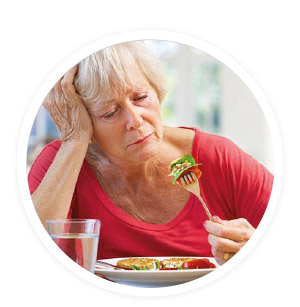
Loss of taste or smell
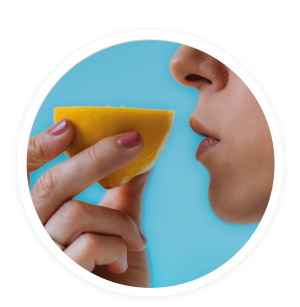
Loss of smell
DO NOT go to your medical center.
First call
800-BCS-COVID
(800-227-26843)
or use the COVID-19 self-diagnosis app.
CASES OF COVID-19 IN BAJA CALIFORNIA SUR
Municipality | Active | Deaths | Recovered |
|---|---|---|---|
Comondú | 5 | 278 | 8,841 |
La Paz | 145 | 1,208 | 58,765 |
Los Cabos | 43 | 1,024 | 44,160 |
Loreto | 1 | 65 | 3,751 |
Mulegé | 65 | 192 | 8,625 |
CASES IN MEXICO
Source: SSA
CASES WORLDWIDE
Source: WHO
PREVENTIVE MEASURES
To prevent the spread of the virus, carry out the following preventive measures.
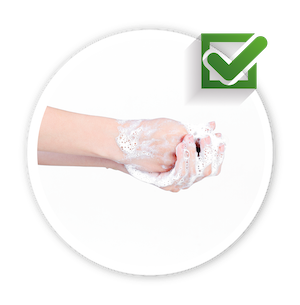
Wash your hands with soap and water for 20 seconds or with antibacterial gel.
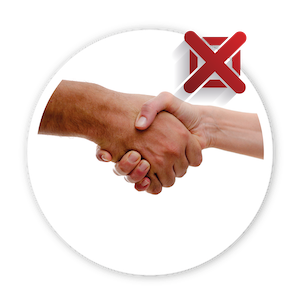
Avoid shaking hands, kissing, or hugging.
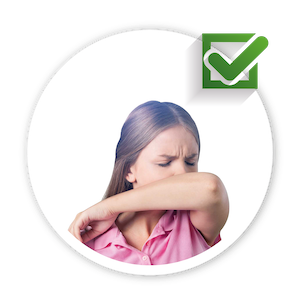
When sneezing or coughing, cover your mouth with your arm or with a disposable tissue.
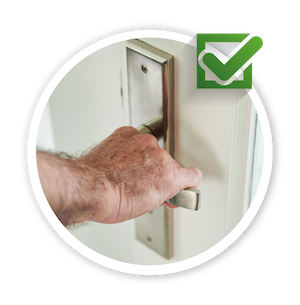
Disinfect the objects and areas you normally use.
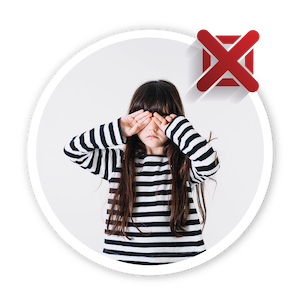
Do not touch your face with dirty hands.
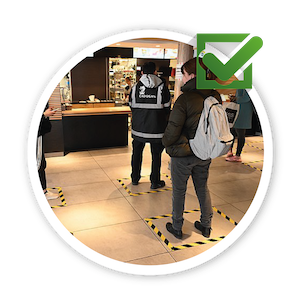
Maintain a safe distance of more three feet between people.
FAQ
COVID-19 is the infectious disease caused by the most recently discovered coronavirus. This new virus and disease were unknown before the outbreak began in Wuhan, China, in December 2019.
The most common symptoms of COVID-19 are fever, tiredness, and dry cough. Some patients may have aches and pains, nasal congestion, runny nose, sore throat or diarrhea. These symptoms are usually mild and begin gradually. Some people become infected but don’t develop any symptoms and don’t feel unwell. Most people (about 80%) recover from the disease without needing special treatment. Around 1 out of every 6 people who gets COVID-19 becomes seriously ill and develops difficulty breathing. Older people, and those with underlying medical problems like high blood pressure, heart problems or diabetes, are more likely to develop serious illness. People with fever, cough and difficulty breathing should seek medical attention.
People can catch COVID-19 from others who have the virus. The disease can spread from person to person through small droplets from the nose or mouth which are spread when a person with COVID-19 coughs or exhales. These droplets land on objects and surfaces around the person. Other people then catch COVID-19 by touching these objects or surfaces, then touching their eyes, nose or mouth. People can also catch COVID-19 if they breathe in droplets from a person with COVID-19 who coughs out or exhales droplets. This is why it is important to stay more than 1 meter (3 feet) away from a person who is sick.
WHO is assessing ongoing research on the ways COVID-19 is spread and will continue to share updated findings.
La OMS está estudiando las investigaciones en curso sobre las formas de propagación de la COVID-19 y seguirá informando sobre los resultados actualizados.
The “incubation period” means the time between catching the virus and beginning to have symptoms of the disease. Most estimates of the incubation period for COVID-19 range from 1-14 days, most commonly around five days. These estimates will be updated as more data become available.
While we are still learning about how COVID-2019 affects people, older persons and persons with pre-existing medical conditions (such as high blood pressure, heart disease, lung disease, cancer or diabetes) appear to develop serious illness more often than others.
No. Antibiotics do not work against viruses, they only work on bacterial infections. COVID-19 is caused by a virus, so antibiotics do not work. Antibiotics should not be used as a means of prevention or treatment of COVID-19. They should only be used as directed by a physician to treat a bacterial infection.
While there has been one instance of a dog being infected in Hong Kong, to date, there is no evidence that a dog, cat or any pet can transmit COVID-19. COVID-19 is mainly spread through droplets produced when an infected person coughs, sneezes, or speaks. To protect yourself, clean your hands frequently and thoroughly.
WHO continues to monitor the latest research on this and other COVID-19 topics and will update as new findings are available.
Como medida de protección al visitar mercados de animales vivos o en otras situaciones parecidas, evite el contacto directo con los animales y las superficies que estén en contacto con ellos. Asegúrese de que en todo momento se observen prácticas adecuadas de higiene de los alimentos. Manipule con cuidado la carne, la leche o los órganos de animales crudos para evitar la contaminación de alimentos no cocinados y evite el consumo de productos animales crudos o poco cocinados.
Coronaviruses are a large family of viruses that are common in animals. Occasionally, people get infected with these viruses which may then spread to other people. For example, SARS-CoV was associated with civet cats and MERS-CoV is transmitted by dromedary camels. Possible animal sources of COVID-19 have not yet been confirmed.
To protect yourself, such as when visiting live animal markets, avoid direct contact with animals and surfaces in contact with animals. Ensure good food safety practices at all times. Handle raw meat, milk or animal organs with care to avoid contamination of uncooked foods and avoid consuming raw or undercooked animal products.
La OMS se mantiene al tanto de las últimas investigaciones a este respecto y otras cuestiones relacionadas con la COVID-19 y proporcionará información actualizada de las conclusiones que se vayan obteniendo.
It is not certain how long the virus that causes COVID-19 survives on surfaces, but it seems to behave like other coronaviruses. Studies suggest that coronaviruses (including preliminary information on the COVID-19 virus) may persist on surfaces for a few hours or up to several days. This may vary under different conditions (e.g. type of surface, temperature or humidity of the environment).
If you think a surface may be infected, clean it with simple disinfectant to kill the virus and protect yourself and others. Clean your hands with an alcohol-based hand rub or wash them with soap and water. Avoid touching your eyes, mouth, or nose.
Source: World Health Organization

